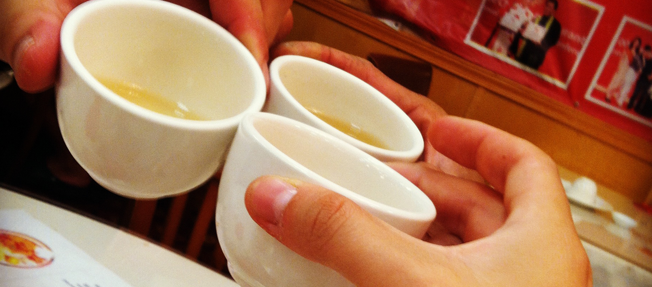
Business ideas that succeed in the real world are not necessarily those with the most financial backing or aesthetic execution, but instead those that accurately identify a shortcoming or vacuum in a given market and gain traction while trying to improve upon these issues. The same is often true with crowdfunding campaigns. Flashiness is not a guaranteed recipe for success — the idea alone must first resonate with audiences. In fact, being able to transform ideas into action — like starting a business — is one of the core essences of crowdfunding.
Elyse Petersen’s idea was to create a way to connect small tea farmers around the world more directly with their consumers, thus removing the price-slashing power of bulk distributors. She had developed this idea (called Tealet) after being confronted with market conditions by working for a tea manufacturer in Hawaii and interning at a Japanese tea farm.
Wanting to grow this business concept, she turned to crowdfunding to initiate her first run of a subscription service and raise funds necessary to improve Tealet’s website.
Elyse and her co-founder, Jane Gonsowski’s, Indiegogo campaign is proof-positive that, as a small business starter, you don’t need an extravagant (or any) budget to find crowdfunding success. They relied on the strength of their idea and personal testimony to connect with tea lovers around the world. This clearly resonated with the crowd — 101 of whom, from 9 different countries, helped Tealet hit and exceed their goal.
Their goal itself leads to another important lesson from the campaign. Set at $5,000, it certainly was nowhere near the size of some campaigns seeking six figures or more in funding. This was a conscious decision by the campaigners to use crowdfunding as a way of incrementally growing their business with smaller infusions of capital — rather than completely changing their business overnight through a large amount of cash. Using this approach, entrepreneurs can set realistic funding goals that allow them to move their businesses forward, instead of building a plan that is contingent on one lump sum.
With the success of their campaign, Tealet has been able to effectively implement their funding to scale up their business, and not only positively impact the lives of tea farmers, but also bring great tea to a global community of connoisseurs.
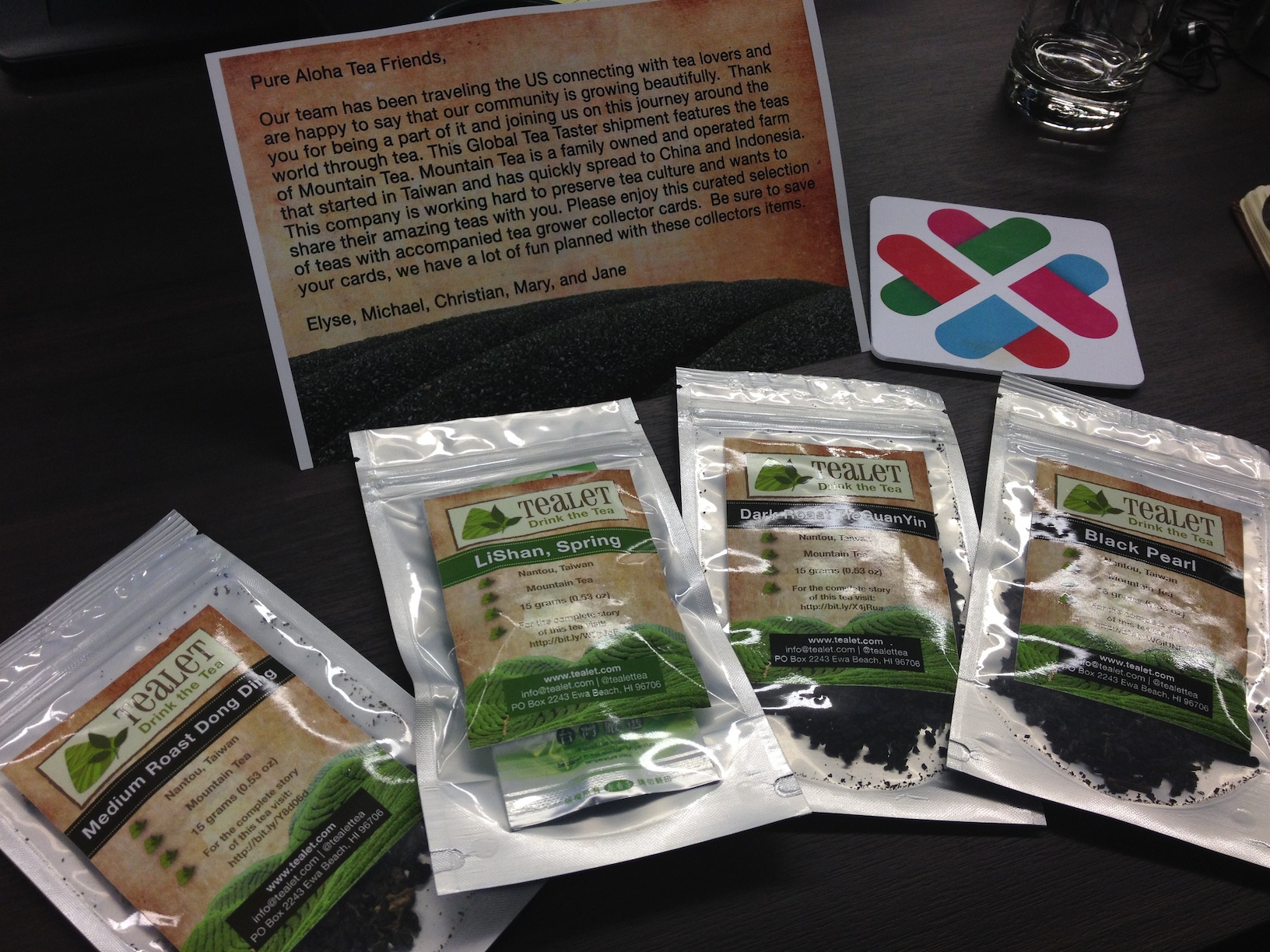
Wanting to know more about this unique, entrepreneurial application of crowdfunding, we spoke with Tealet co-founder Elyse:
Why did you decide to get involved in the tea industry?
I never made a proactive decision to get involved in the tea industry, the tea industry decided to get involved with me. I am a food scientist and the first job I got when I moved to Hawaii was with the world’s largest tea manufacturer. I left this job for an MBA and the first internship I did was with the state studying the market feasibility of a Hawaii Grown Tea industry and my final internship was with on a tea farm in Japan.
How did you develop the idea behind Tealet?
I developed the idea for Tealet while I was doing the internship on the tea farm in Japan. I connected with a group of talented tea growers around the world that were making amazing teas that they wanted to share with the US. The idea was simple; help these growers get their tea to the US.
Why did you decide to turn to crowdfunding? How did you find out about Indiegogo?
We turned to crowdfunding because we knew how to connect with a network of passionate tea lovers that would love these teas but there were some deterring startup costs for us to bring in the first teas to the US. We turned to Indiegogo because of the Flexible Funding and the appropriate fit with our project versus other platforms.
What planning went into your campaign?
Most of our planning was on how to tell our story through video. We didn’t have a big budget for the video so we knew story would be key. We also spent a significant amount of time to calculate our startup costs and determine our perk levels appropriately so we could execute a successful campaign.
What were some non-monetary benefits and lasting impacts of your crowdfunding campaign?
The biggest non-monetary benefit of crowdfunding is the community that is built during the process. We understand that not everyone would have the funds to give or may not be tea drinkers, but it gave them the opportunity to rally around our cause. The foundation of our current community is made up of the people we met during the campaign.
What’s happened since your campaign ended?
Within 24 hours after our campaign we fulfilled our first orders and have been going ever since. In October 2012 we were accepted into the 500 Startups accelerator in Silicon Valley where we launched our current website and started raising money to take the business to the next level. We then moved back to Hawaii and joined the Blue Startups accelerator where we began building a wholesale platform for tea retailers to purchase our growers’ teas in bulk.
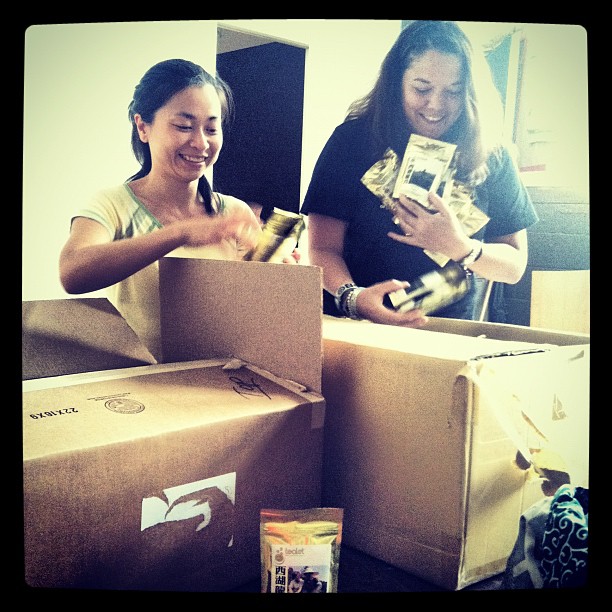
What’s your best piece of advice for future crowdfunders?
My best advice is for you to take crowdfunding seriously and to treat it like a business. You may be doing a campaign for a pet project but you should take this opportunity to begin something meaningful that you can make a major part of your life. There is a future for your project beyond the campaign, so prepare for it. Raising the largest amount of funds is not the goal, the campaign should be viewed as a launching pad for a bright future.
What’s next for Tealet?
We will be launching the wholesale platform to the public in June 2013. We will continue to offer a unique exploration around the world through tea for our retail customers and have many more exciting growers to add to our network from Africa, Europe, and the US.
What’s an idea you’d like to bring to life? Tell us in the comments and subscribe to our newsletter for crowdfunding inspiration!

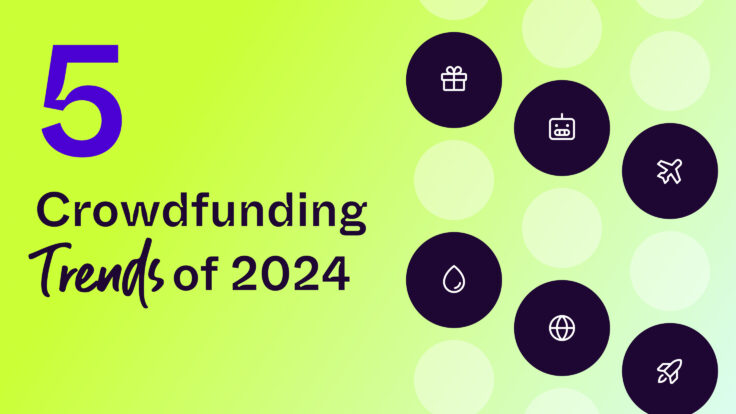
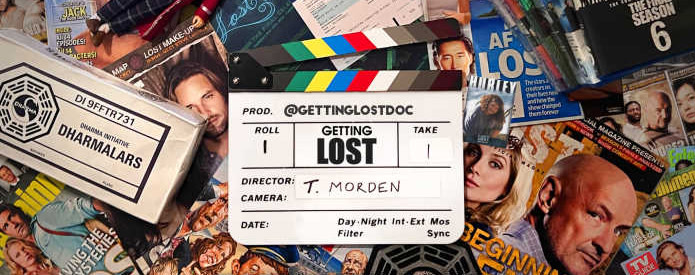
You must be logged in to post a comment.